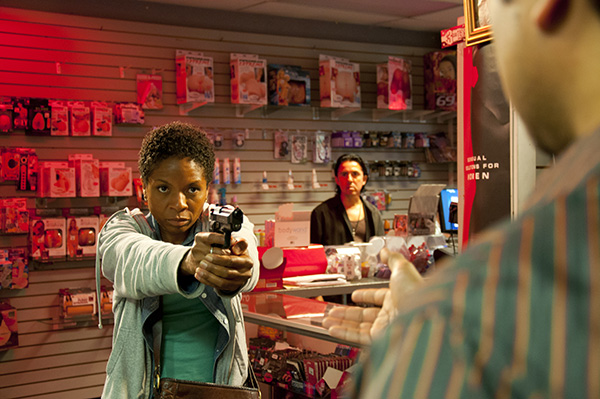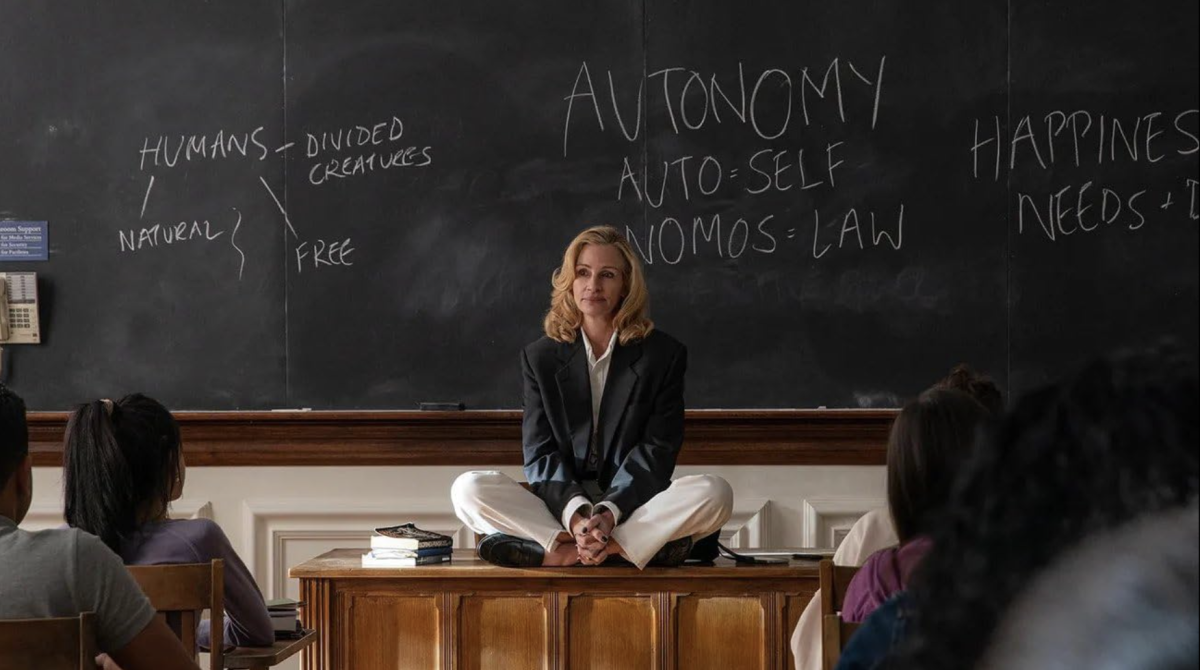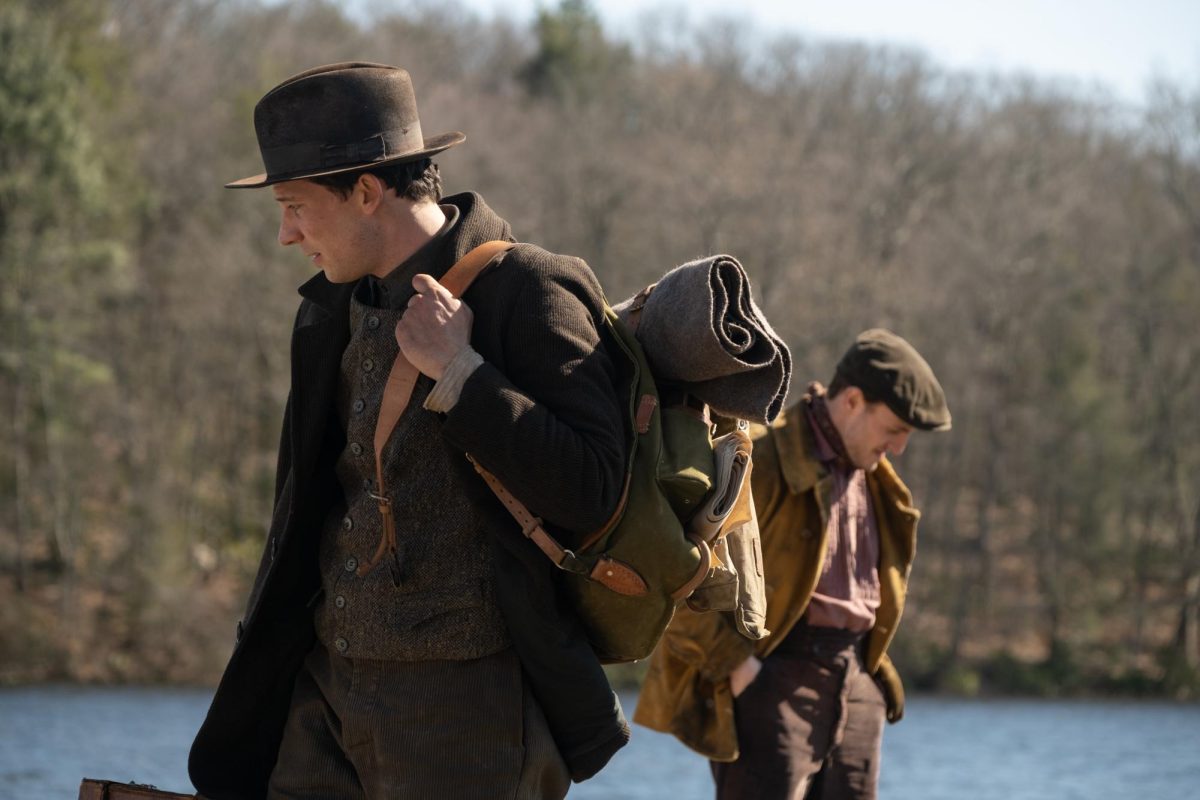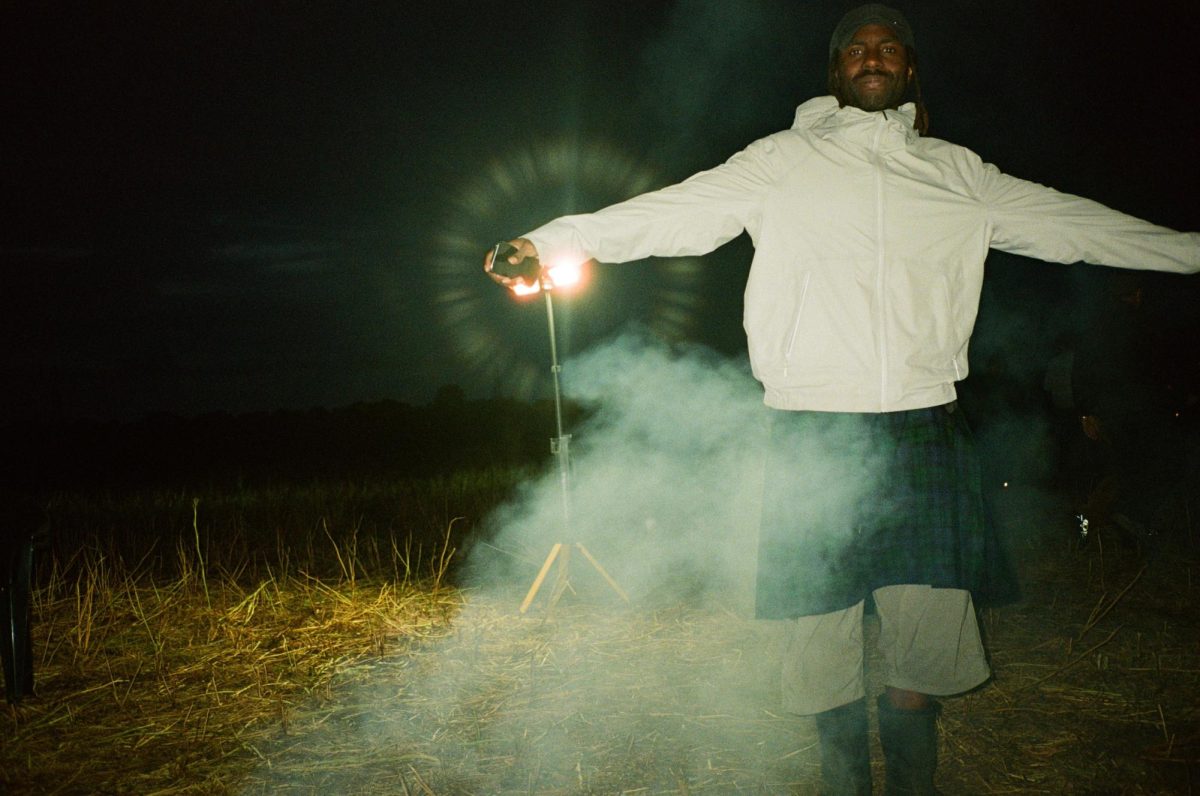
While films like “The Hangover” and its sequels have taken a more comical look at the story of characters searching for a friend on the lam, writer and director John Sayles’ “Go For Sisters” takes a decidedly more dramatic approach. The film certainly includes its fair share of weak one-liners, but for the most part, two-time Oscar-nominee Sayles aims for something completely different from the well-known comedic story. Sayles’ film goes for suspense and heart — but he misses by a long shot.
The film centers on Bernice (LisaGay Hamilton) and Fontayne (Yolanda Ross), two women who were once close friends but diverged onto different life paths.
But the two meet again when the formerly incarcerated Fontayne sits in front of the desk of her new parole officer — Bernice. Bernice plans to transfer Fontayne to another officer and leave the past behind, but recent traumas in her own life leave her feeling alone and needing help. With Bernice’s son Rodney (McKinley Belcher III) missing and accused of murder, Bernice must work with Fontayne and ex-Los Angeles Police Department detective Freddy Suarez (Edward James Olmos) to find her son and prove his innocence.
The premise comes packed with twists, but as the two-hour film progresses, additional myriad plot developments arise that hinder the search and test the relationship between the two female friends. The problem is that Rodney and Suarez’s quests for redemption so far outweigh and overshadow the rekindling of friendship between the women that the film’s title feels like a joke.
Still, the incorporation of Suarez as an aide to the sisters adds a nice layer to the story with his struggle to prove himself. He’s a knowledgeable character and is helpful to the women, but his role as a third-tier character is too prominent, and the women fade into the background any time he is onscreen.
But perhaps the greatest problem with “Sisters” is its lack of focus. A lovely scene at the beginning of the film shows the two women in Bernice’s office — the first time they have seen each other in years. Based on the tenderness in this moment, it seems as though the film will focus purely on their relationship.
Yet when the element of Bernice’s missing son is introduced, Sayles can’t decide what thread he wants to be more important, so the film suffers. Indecision and the film’s severe two-hour length — which could have been helped by a little editing — make for a climax that is supposed to be ripe with emotional resonance, but instead feels forced and flat. It doesn’t help that the resolution to the central relationship between the women is only addressed in the last few minutes of the film, making it feel like an afterthought.
What is supposed to be a tense and emotional journey between two women on a mission turns into a confused, undercooked detective story that fails both because of several extraneous plot points and because of Sayles’ weak directorial hand.
Ife Olujobi is a staff writer. Email her at [email protected].





















































































































































